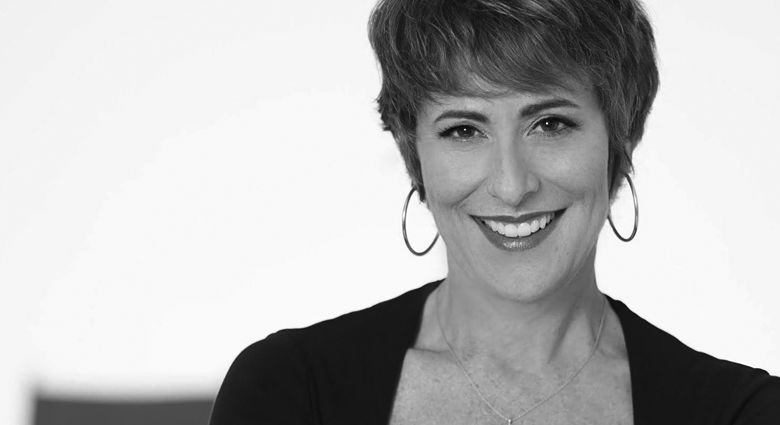You’ve got a diploma in hand, and hopefully a couple of good internships under your belt. Now it’s time to start your first real job.
Oh, the advice you’ve received about what you should do in order to succeed. (Like those internships mentioned above. How did they really go? Or is this already causing you anxiety because you never locked one down?) You’ve got to build strong skills! Develop new competencies! From general digital prowess and time management to emotional intelligence and organizational skills, work will frequently (okay, constantly) require you to do new things that make you uncomfortable. So let me ask you this: Has anyone ever asked about your acting skills?
Deep down we want to believe that hard work and talent are what get us ahead in life... but you already know it’s not that simple. Time and again, women have shown their competence in every area of the workplace, yet only four percent of S&P 500 CEOs are women. Getting ahead is not simply about being good at things. So what’s missing?
As a CEO who also spent her life in the theater, I have learned that success is more than just an amalgamation of all the skills you’ve learned. It is also about performing different roles for different situations—a new skill you can learn just as effectively as everything you worked hard to master from kindergarten up through college.
I see you shaking your head no. You’ve heard all about the importance of authenticity. You don’t like the idea of being fake and you’re on a journey to discover your #mostauthenticself. Well, I want to challenge your perception of what it means to be authentic. Your authenticity does not live at a static address. If you’re looking for it, you’re never going to find it. That’s because we humans are constantly creating and recreating who we are. We impact, and are impacted on, by the people, circumstances and environments that surround us. And we are constantly contributing to how well or not well these things go.
"I have learned that success is more than just an amalgamation of all the skills you’ve learned."
You’ve read the quotes on Instagram: Life begins at the end of your comfort zone. We only regret the chances we don’t take. Do something new each day that scares you. How are we supposed to do these new things? We must perform.
More and more women are pioneering in the workplace and successfully challenging the status quo because they are doing new things. They are trying on new ways of being. Sometimes it means feeling fake or unnatural— because doing things before we know how feels that way. (Remember that time you said yes to creating a spreadsheet for your boss and then spent 20 minutes Googling “how to write an if/then scenario”?) Through this activity of performing ahead of where we are—doing what we don’t know how to do—women are creatively expanding our capacities and developing into the leaders we want to become.
You’ve heard the statistics: men are more likely to ask for a raise, speak up at meetings, apply for the big jobs and get them. Women are more likely to be perceived as nurturing, collaborators and perfectionists who avoid taking risks. I don’t like speaking in certainties, but one thing I’ve seen time and time again in business is this: you are going to need to do things you don’t know how to do. All the time. And in order to do these new things, you will need to perform who you are not....yet. According to one study, when female executives used what might be typically referred to as “masculine behaviors” in some situations, then switched back to more traditionally feminine behaviors, they received more promotions than men.
I know, nobody likes concepts like “traditionally feminine.” I sure don’t. But this study is revealing – it shows that if we can let go of our circumscribed identities and grow our repertoire of performance choices, it frees us to try new things. And we can expand what we understand our authenticity to mean. We can perform confidence when negotiating a contract or making a presentation. We can make difficult decisions, manage up and place demands on our teammates. We can also give our compassion and our friendship to the people we are working with, and bring all of who we are to the workplace. With a final hearkening to your freshman lit class, I’ll paraphrase the great Walt Whitman: You are large. You contain multitudes.
Use this opportunity to try some new performances in your life. I promise you won’t stop being you; in fact, I think you’ll discover just how large you really are.



.png)

.png)

.jpg)
%20(1).png)

What Did You Think?